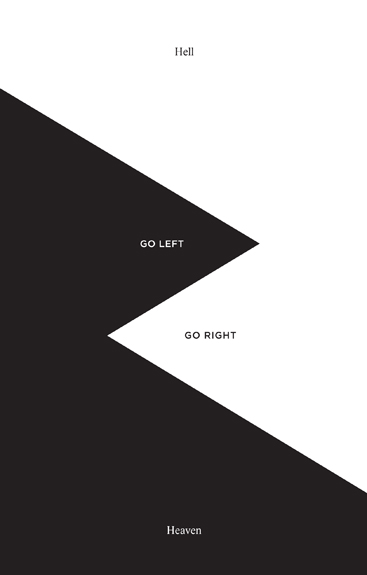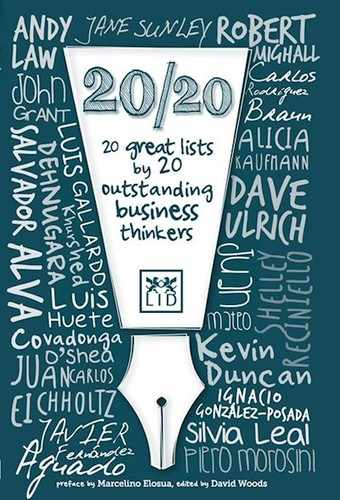5.
CHALLENGE ASSUMPTIONS
“The enemy of art is assumption. The assumption that you know what you are doing, the assumption that you know how to walk and how to talk,the assumption that what you ‘mean’ will mean the same thing to those who receive it.”
When Mobin Asghar Rana, a 31-year-old from Pakistan, took up a management field sales role for a major FMCG in Saudi Arabia, he knew he was venturing into new territory. “I need to do things differently and take risks to make it interesting in my personal and professional life. I believe my faith also gives me strength in questioning the ‘unknown space’. I like the biblical parable of the birds who do not worry where their next meal will come. It indicates a natural basic trust despite our worry.”
Although he was comfortable entering the unknown, having grown up in a competitive environment that encouraged an exploratory mindset in his career and life, Mobin knew this would be a completely new challenge. He was in a new country, he did not speak the language and found himself in charge of a new team of people.
“I was nervous, but I think my new colleagues were even more nervous. Many of us are comfortable working with people of similar style and culture and have preconceived notions that others who are not from our cultural group may not be able to understand us.”

Mobin found the stereotypes that his team held about his culture challenging to work with, in particular the belief held by some that the Arab culture is superior to the South Asian culture. “These beliefs come from experiences accumulated over many years as a large amount of working class manual labour has been coming from South Asia,” he explains. “It was not a social or cultural norm that they would see me as their boss.” He realized that these assumptions couldn’t be changed through the exercising of autocratic power. He decided to engage with the team’s present “knowing” and to challenge it by making the assumptions explicit and building rapport with people on a oneon-one basis.
Employed proactively, doubt can help us challenge our assumptions and beliefs, and bring a more nuanced grey into a world of black and white polarizations. Seeing alternative options can free us up from the constraints of the well-trodden path and open up new opportunities that were previously unseen. The key skill is to notice when we make an assumption, to recognize the assumption and ‘suspend’ it, just long enough to ask questions. This ‘suspension’ of judgement temporarily is called “bracketing.” Rather than make assumptions, we stay open to what is said and ask more questions.
Gestalt practitioner Phil Joyce and psychotherapist Charlotte Sills give the example of a situation where somebody gets a promotion.80 We might be tempted to say: “Congratulations, that must be wonderful.” Yet if we bracketed this for a moment and asked them how they felt about it, we might get a surprising reply “It’s awful, my manager resigned and now I have double the workload without extra pay.” Or alternatively if a colleague says: “I lost my job,” we might be tempted to commiserate. Yet if we enquired “how is that for you?” we might be told: “I have wanted to resign for a very long time, it’s just the push that I needed.”
